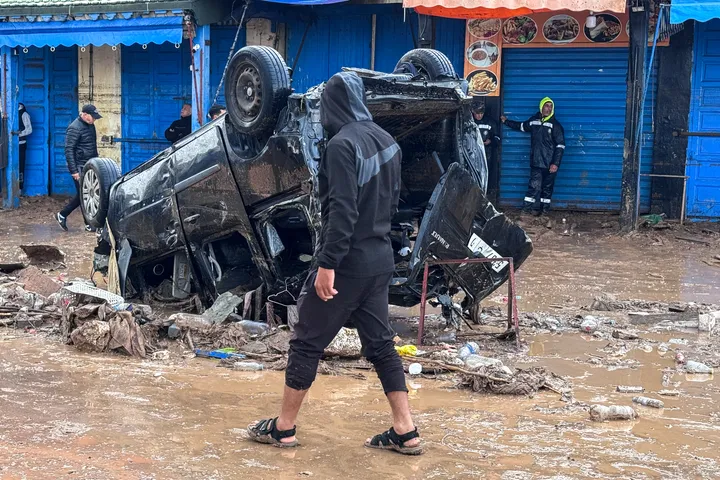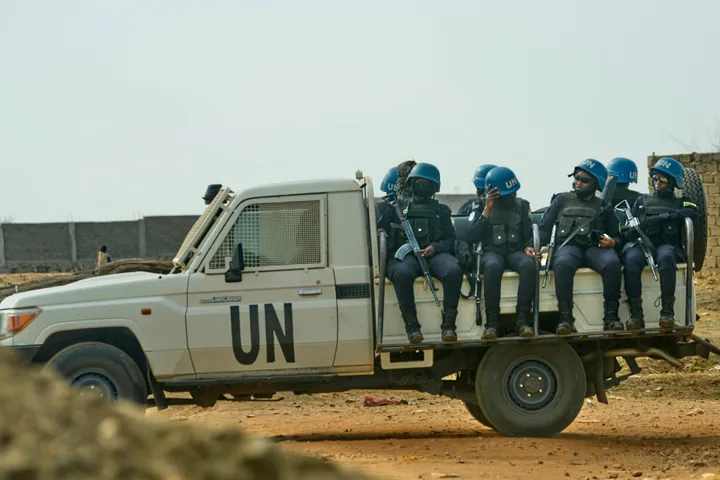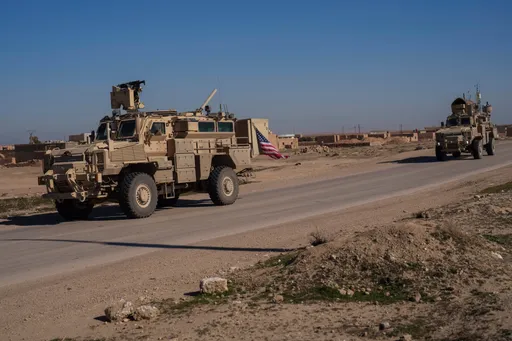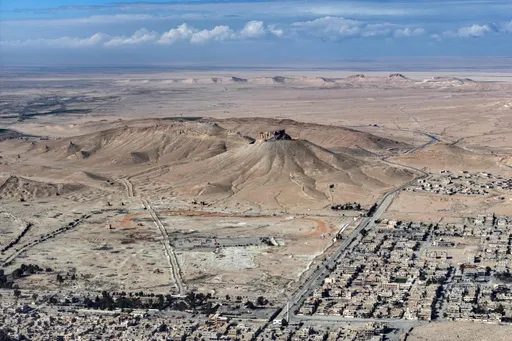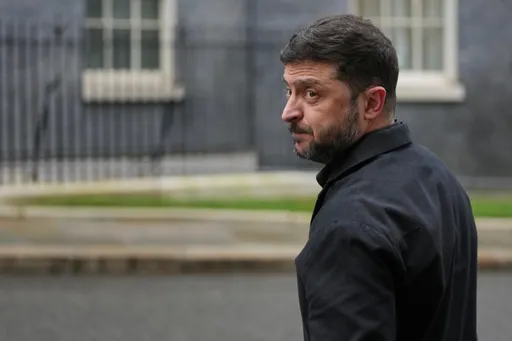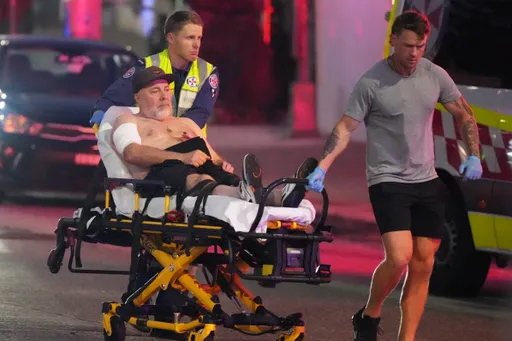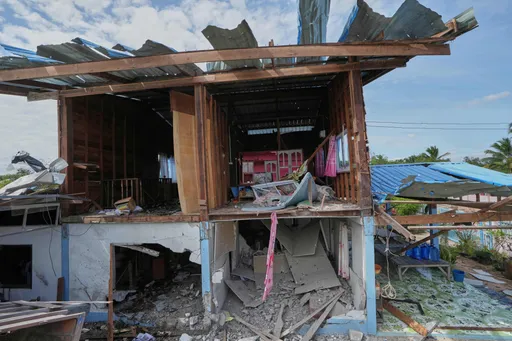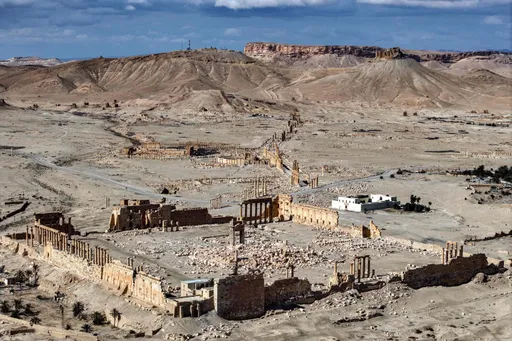Chile's president and lawmakers prepared on Thursday to push forward social equality reforms as protesters hit the streets again to call for swift action to improve lives.
Centre-right leader Sebastian Pinera said he would ship a bill to Congress on Thursday that would overturn a recent hike in electricity rates, one of several measures he hopes will turn the violent demonstrations into an "opportunity" for Chile.
He said he would follow it on Friday with a bill to up the minimum pension by 20 percent.
Pinera is not the only one in South America dealing with protesters' demands.
Ecuador's President Lenin Moreno was forced to repeal the elimination of fuel subsidies this month after riots, while Bolivia's Evo Morales faced demonstrations over an election, and Argentina's Mauricio Macri has suffered a backlash over economic turmoil.
In Chile, anger over inequality and cost of living sent tens of thousands into the streets to demand an overhaul in one of the region's traditionally most stable, and wealthy, nations.
In over five days of unrest that appeared to be dying down on Wednesday night, more than 6,000 people have been detained and at least 16 killed.
Pinera, a billionaire businessman, spoke to the nation on Thursday morning in a televised broadcast, saying he had heard "loud and clear" the demands of Chileans.
"I will keep sending projects to Congress to ... breath life into this social agenda," Pinera said.
Ivan Flores, president of the opposition-led chamber of representatives said lawmakers would skip a previously planned recess to fast-track reforms.
Even as Pinera spoke Thursday morning, many protesters had already begun to gather again in the central plazas and downtown streets of Santiago, banging pots and calling for further reforms under the blazing, springtime sun.
Pinera also proposed a new, guaranteed minimum wage and reductions in public transportation costs.
Octavio Solis, 43, an unemployed security guard, said he hoped the government acts quickly.
"We're tired of all this, the protests, the looting. It's a disaster. This isn't the Santiago we once knew," Solis said as he waited in line to receive an unemployment payment.
"We need good salaries and pensions for our elderly."
City life
Copper miners in Chile, the world's top producer of the red metal, said nationwide riots had mostly spared production but continued to impact operations as problems persisted with port facilities, public transportation and supply chains.
Truck drivers slowed traffic to a crawl on a major route connecting Santiago to port cities at mid-day on Thursday, driving slowly in solidarity with protesters.
The capital city of about 6 million people nonetheless awoke to relative calm on Thursday, as vendors peddling orange juice and fruit cups again appeared on street corners.
Public markets reopened and thousands of commuters, dressed in work outfits and clutching coffee, made their way to work on the still hobbled underground transport system that has suffered more than $300 million worth of damage.
Trash, broken glass, graffiti and tear gas lingered in the aftermath of protests that went late into Wednesday evening, but ended peacefully.
Abuse probe
Prosecutors said late Wednesday that 6,493 people had been charged for involvement in protests and rioting since Saturday.
Between Wednesday night and Thursday morning, 734 more people had been charged in connection with protests, looting and arson around the country, with 324 arrested in Santiago.
Photographs and videos were circulating on social media purporting to show excessive force used by police and soldiers responsible for security in Santiago. Reuters has been unable to confirm their authenticity, however.
Chile’s defence minister Alberto Espina said the authorities had launched investigations into each allegation of abuse but called on his countrymen not to judge their armed forces too harshly.
"Let the institutions do their work," he told reporters on Thursday. "I ask that we don’t prejudge behaving with ... prudence, professionalism and in accordance with the law."
UN human rights boss Michelle Bachelet, a former president of Chile, said in a tweet on Thursday she would send a mission to her home country to investigate allegations of human rights violations.
Hernan Larrain, the justice minister, said the curfew and states of emergency would be ended but only once violent attacks on homes and businesses had subsided.
He said the deployment of the armed forces had been welcomed in poorer neighbourhoods where self-defence groups of people in yellow jackets have sprung up to patrol with rough weapons like bats and metal bars.
"We must value the work they have done to contain this situation," he said.



